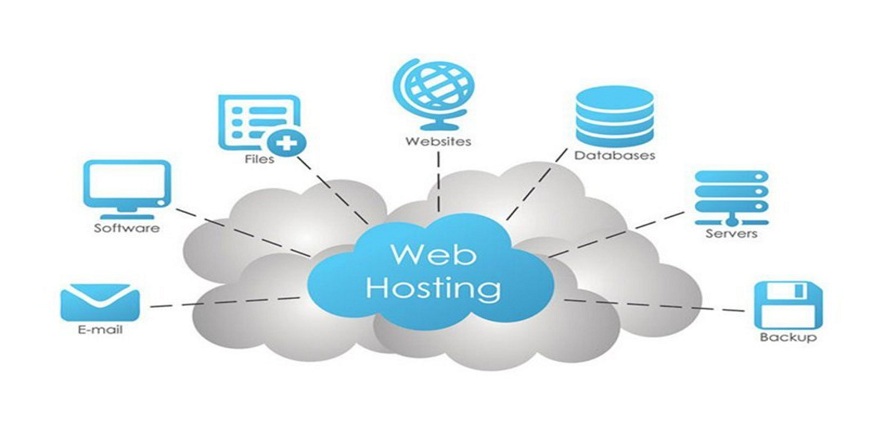In the ever-expanding digital landscape, choosing the right web hosting service is crucial for the success of your online presence. Whether you’re launching a personal blog, an e-commerce site, or a corporate platform, the reliability and performance of your web host can significantly impact your website’s user experience, speed, and overall success. To help you navigate the myriad of options available, here are 10 tips to find the best web hosting service for your needs.
Understand Your Hosting Needs
Before diving into the world of web hosting, take a moment to assess your specific needs. Consider the type of website you’re building, the expected traffic, and any special requirements (e.g., e-commerce functionality, content management systems). Understanding your hosting needs will guide you in choosing a service that aligns with your website’s demands.
Evaluate Hosting Types
There are diverse types of web hosting, each designed to meet specific requirements. Shared hosting is cost-effective and suitable for small websites, while VPS managed server (or unmanaged server) offers more control and resources. Dedicated hosting provides an entire server exclusively for your website, ideal for large-scale businesses. Cloud hosting utilizes multiple servers for flexibility and scalability. Select the option that aligns most effectively with your specific needs.
Consider Server Reliability and Uptime
Reliability and uptime are critical factors in selecting a web host. Look for providers that offer at least a 99.9% uptime guarantee. A reliable host ensures that your website is accessible to visitors, contributing to a positive user experience and preventing potential revenue loss.
Review Bandwidth and Storage
Evaluate the bandwidth and storage limits provided by the hosting plans. Bandwidth determines the amount of data transferred between your site and users, while storage dictates the amount of content, files, and media you can store on the server. Ensure that your chosen plan offers sufficient bandwidth and storage to accommodate your website’s growth.
Check Security Features
Website security is paramount. Choose a hosting provider that prioritizes security, offering features such as SSL certificates, firewalls, and malware protection. A secure hosting environment safeguards your website and user data from potential threats and instills trust among your visitors.
Explore Backup Services
Consistently creating backups for your website is essential to safeguard against potential data loss or security breaches. Check if the hosting provider offers automated backup services. Having reliable backups ensures that you can quickly restore your site in the event of unforeseen issues.
Assess Customer Support
Efficient and well-informed customer support is priceless when dealing with technical challenges.Look for web hosting services that offer 24/7 customer support through various channels, such as live chat, email, or phone. Additionally, check online reviews to gauge the experiences of other users with the hosting provider’s support team.
Evaluate Scalability
Select a hosting package that permits straightforward scalability.As your website grows, you may need additional resources, and a hosting provider that offers seamless upgrades or the ability to switch to a higher-tier plan will save you from potential migration hassles in the future.
Consider Pricing and Value for Money
While cost is a significant factor, it’s crucial to consider the overall value for money. Cheaper options may sacrifice important features or customer support. Evaluate the features provided in each plan and compare prices to find a balance that meets your budget while ensuring your website’s needs are adequately addressed.
Look for Money-Back Guarantee
Hosting providers that offer a money-back guarantee demonstrate confidence in their services. This ensures you can switch providers if you’re not satisfied without losing your investment. A money-back guarantee provides a safety net for users who want to test a hosting service before committing long-term.
Conclusion
Finding the best web hosting service requires careful consideration of your website’s specific needs, evaluating hosting types, and examining factors like reliability, security, and customer support. By following the above tips, you can navigate the web hosting landscape with confidence and choose a service that lays a robust foundation for your online success.

